Acupuncture Explained is where we explore the similarities and differences between Traditional Chinese Medicine (TCM) and Western medicine, focusing specifically on how acupuncture can have a variety of effects on the human body.
To begin this series, let’s start with the basics…
TCM vs. Western Medicine – What is the Difference?
Western medicine provides health diagnoses through lab tests, and it focuses on eliminating currently experienced symptoms by a patient, but often fails to address adverse effects on the body.
On the other side of the spectrum, TCM focuses on the body's overall response to treatment and recognizes the body as one interconnected biosystem.
In short, Western medicine is primarily an evidence/laboratory-based science, whereas TCM is more of a healing art, based on the theory of Yin and Yang and the five elements in the human body.
What is Acupuncture?
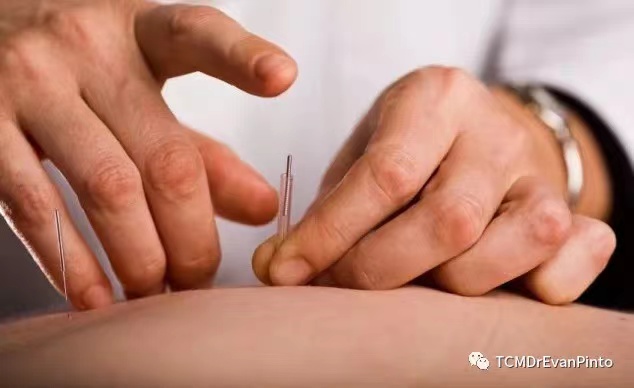
Acupuncture, a form of alternative medicine and core component of TCM, is a welcome antidote to the prescription meds and quick-fix interventions typical of Western biomedical culture.
By strategically inserting hair-thin, stainless steel needles into specific pressure points, acupuncture helps relieve the symptoms of a wide variety of conditions by shifting the body from attack mode to a more balanced, restful state.
Acupuncture helps balance out one’s Qi, or energy center, leading to a calmer, healthier person.
At least, that's the traditional Eastern explanation. The modern scientific hypothesis? The pricks cause tiny sensations that activate your nervous system and brain, promoting a relaxation response.
As unscientific as it may sound, it’s becoming an increasingly accepted practice. Even the National Institute of Health (NIH) is on board by saying that research results have emerged illustrating the efficacy of acupuncture for certain ailments.
What Can Acupuncture Help With?
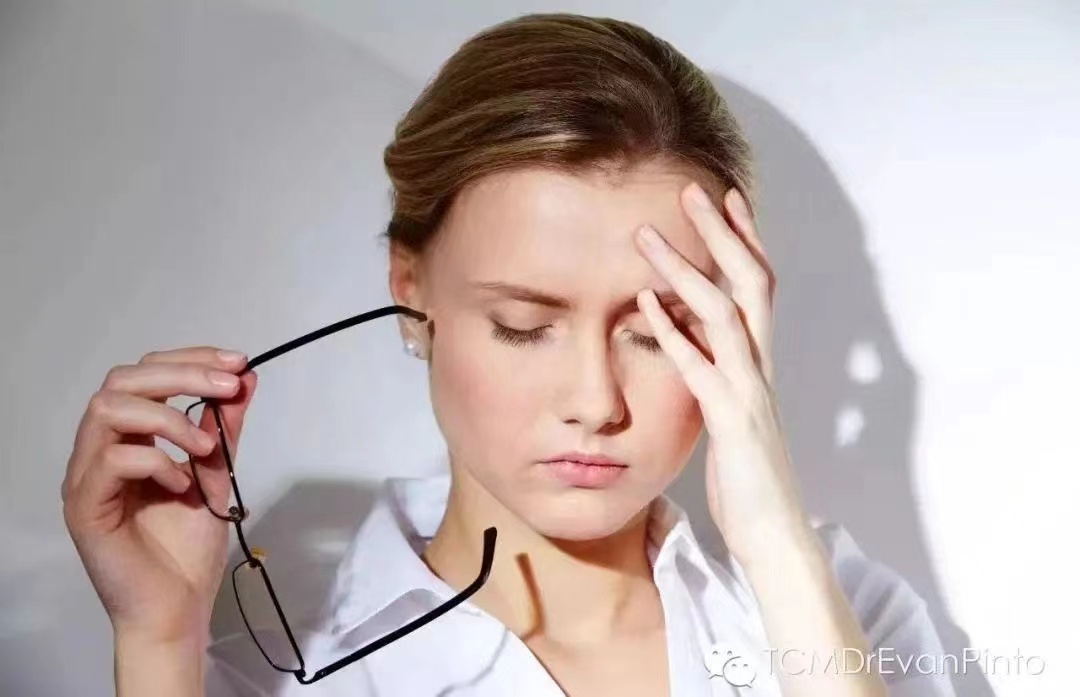
Physical Pain
Just a few precise insertions can stimulate your peripheral nervous system, triggering a chain reaction involving the body's natural painkillers such as endorphins. A recent analysis of 18,000 patients found acupuncture quelled chronic headaches, neck aches, and backaches.
Bonus: Needles placed around specific injury sites can act like natural cortisone shots.
Stress
That relaxation response means less stress for you – and a reduction in related symptoms like insomnia, headaches, and fatigue.
One theory: The needles block the release of stress-related hormones cortisol and neuropeptide Y.
Mood
Smile! That uptick in endorphins and other 'happy' neurotransmitters, including serotonin, leads to a palpable mood lift, especially if you're a frequent patient.
Allergies
The practice can curtail inflammation in your nasal passages (don't worry, no needle up the nose required). Experts suspect it might also stimulate your immune response, leaving you less sensitive to allergens or less dependent on medications.
Addiction
One analysis found that acupuncture could be an effective quitting aid. The aforementioned endorphin release may block cravings or make withdrawal easier.
PMS
Say adios to bloating and breast tenderness: A review revealed that getting pricked cuts PMS pains by up to 78%, possibly because it helps dial down stress and regulate hormones.
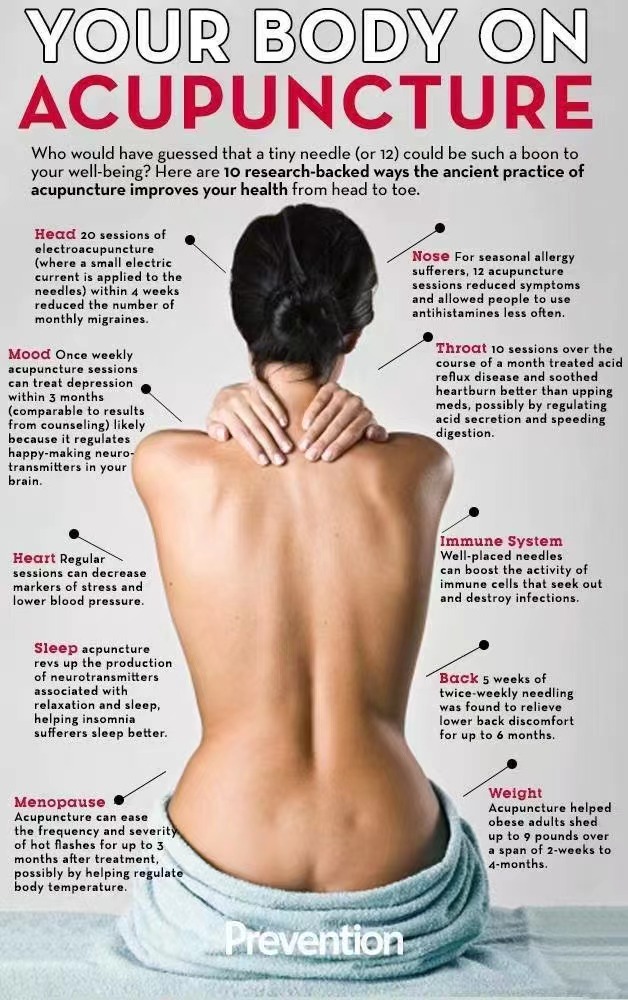
Is Acupuncture For You?
Ask yourself the following questions:
Have you recently suffered a physical trauma?
Do you have chronic pain in a specific part of your body?
Are you experiencing bloating or period-related pain?
Do you want to slow the signs of aging on your face?
Do you have a sore throat?
Do you suffer from digestion issues?
Do you want to make things better in the bedroom?
Are you pregnant?
Do you have carpal tunnel pain from sitting at a computer all day?
Do you suffer from asthma?
If you answered yes to any of these questions, then you may be the ideal candidate for acupuncture.
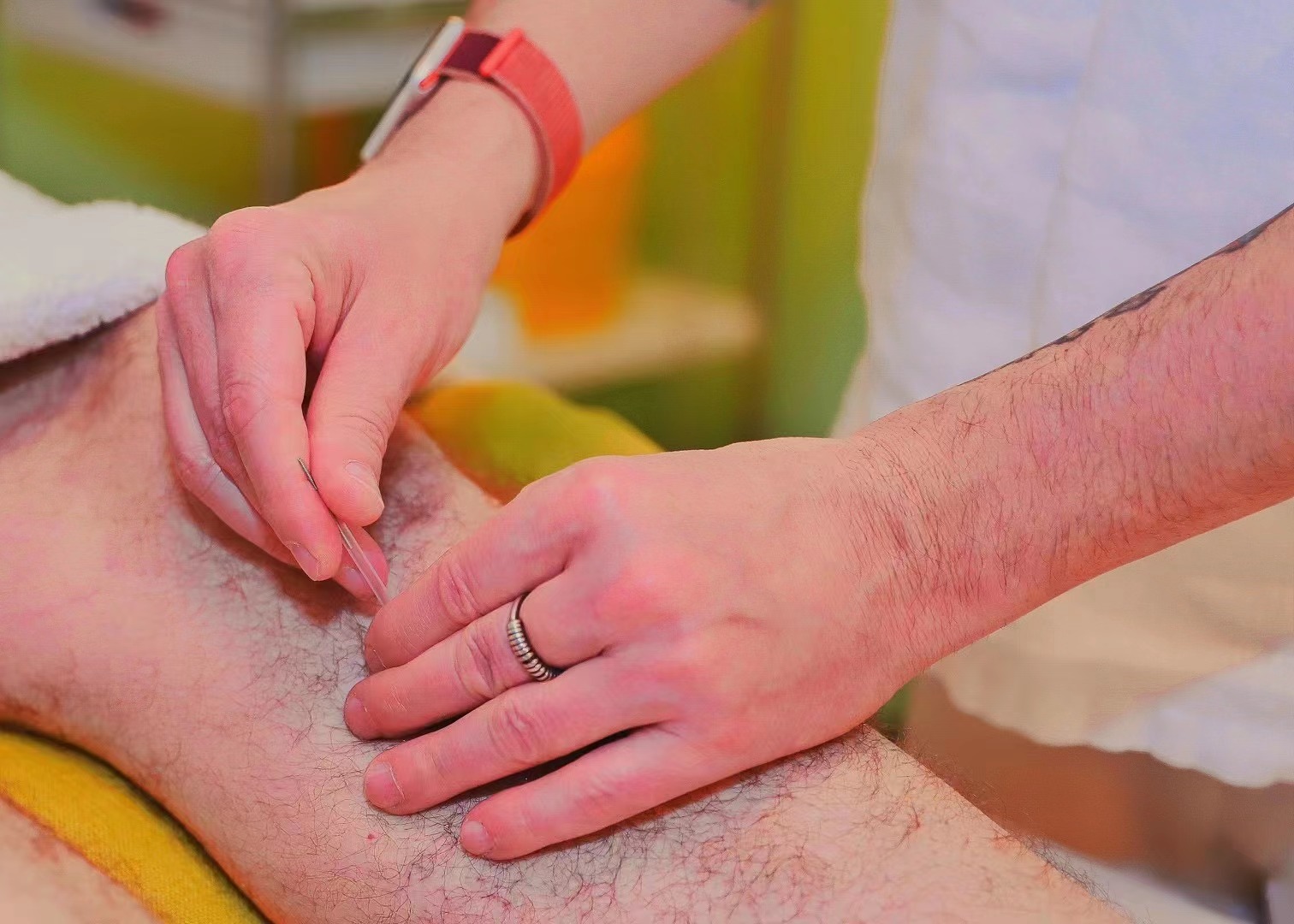
Meet Dr. Evan Pinto
For this holistic medicine series, that will focus primarily on acupuncture and Traditional Chinese Medicine, we are working with Doctor of Acupuncture and Chinese Medicine, Evan Pinto.
Dr. Evan is a licensed acupuncturist and board-certified herbalist. He is a native English speaker and has lived and worked in private practice in Shanghai, China since 2012.
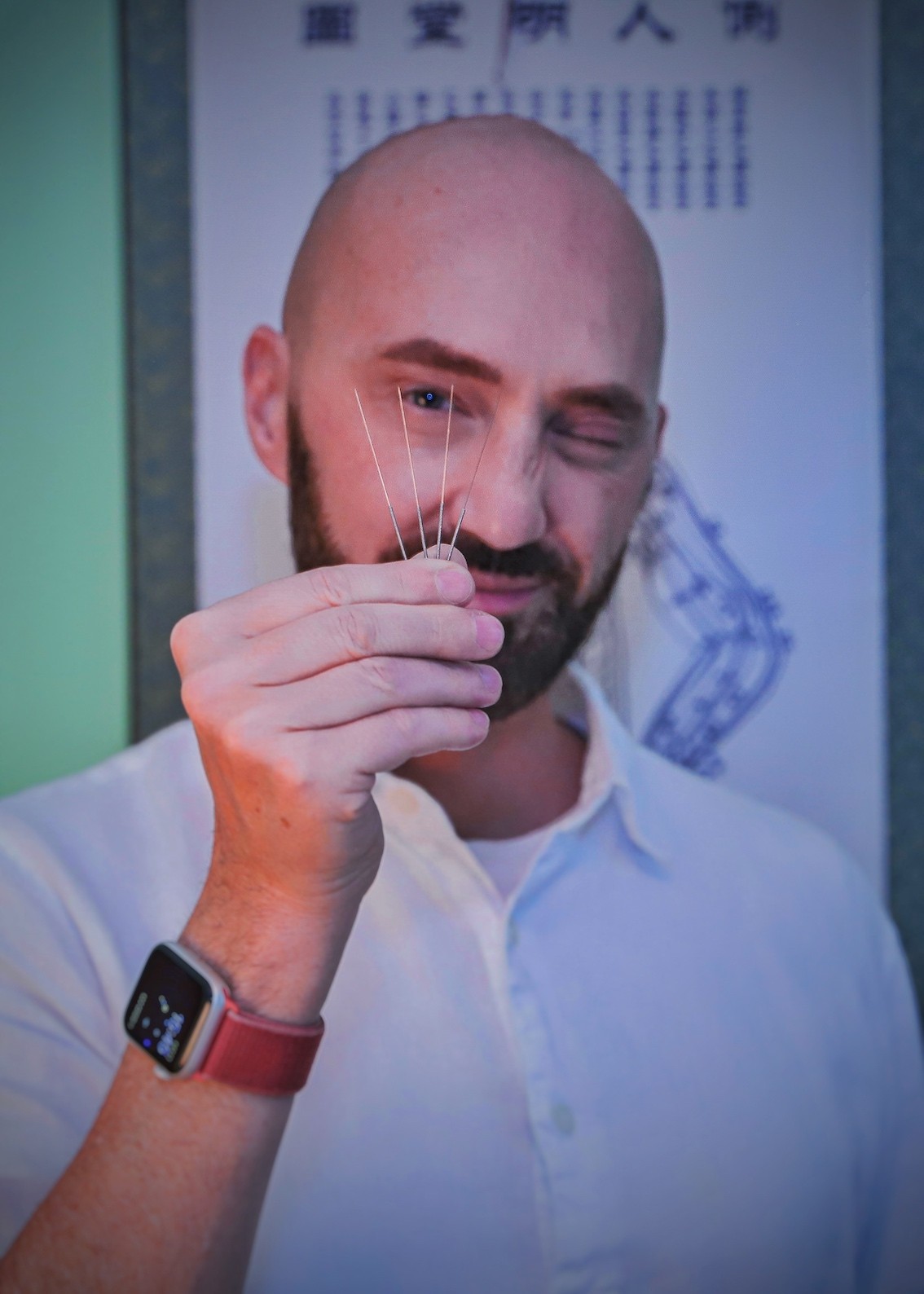
He has taught at Shanghai University of TCM and interned at Shu Guang Famous Doctor Hospital in Shanghai. He received his integrative TCM education at Pacific College of Health and Science in New York City.
Dr. Evan has also studied at Beijing Traditional Medicine Training Center of the World Federation of Acupuncture and Moxibustion Societies (WFAS). He did a rotation at the Veterans Affairs Hospital in NYC.
Dr. Evan focuses on the integration of Chinese medicine with western Biomedicine in treating conditions caused by stress, anxiety, trauma, addictions and nutritional habits, as well as sports injuries, gynecological issues, chronic conditions and emotional sensitivity.
If you'd like to schedule an appointment, scan the QR below to leave a message with your WeChat ID.

[All images courtesy of Dr. Evan Pinto]
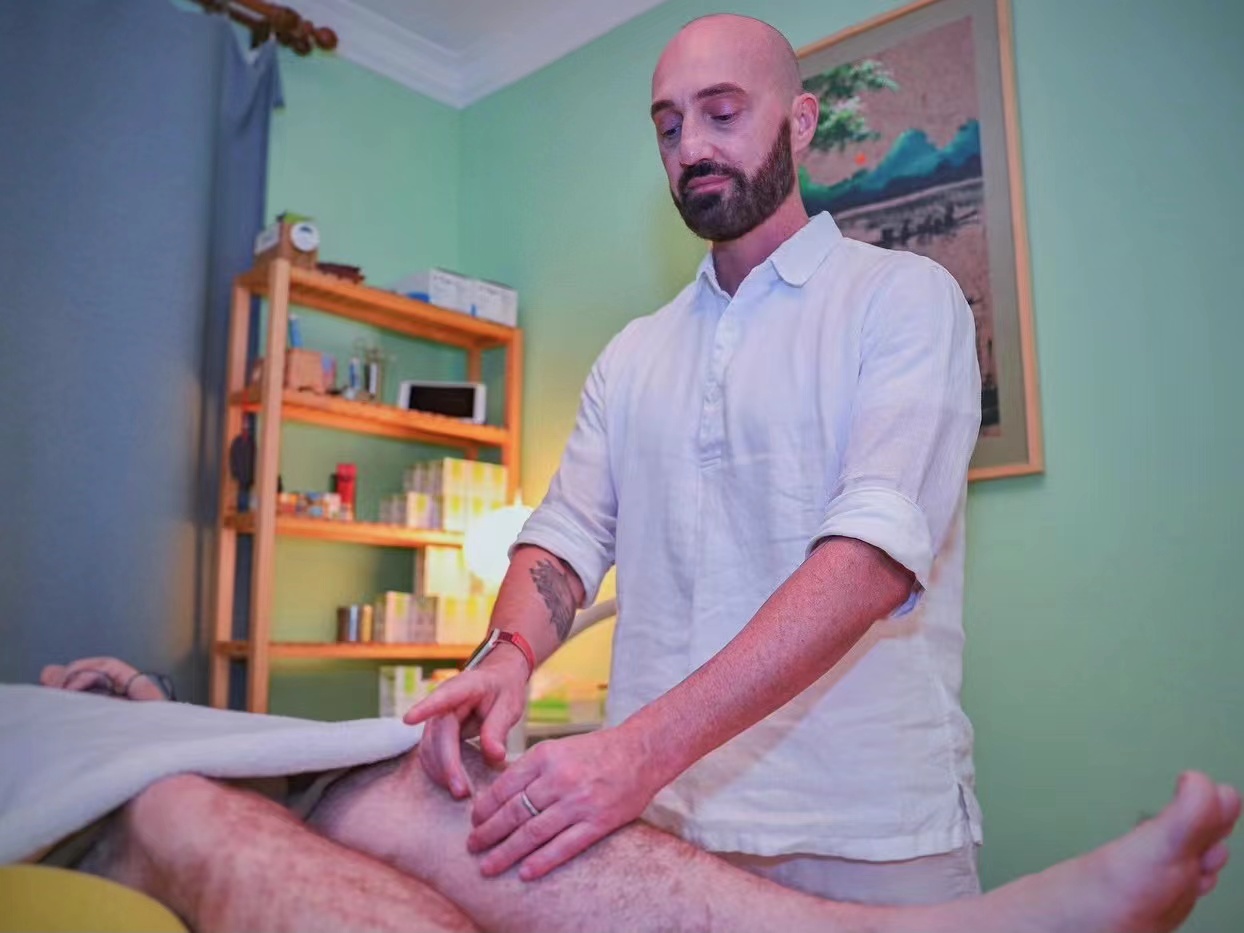




















0 User Comments